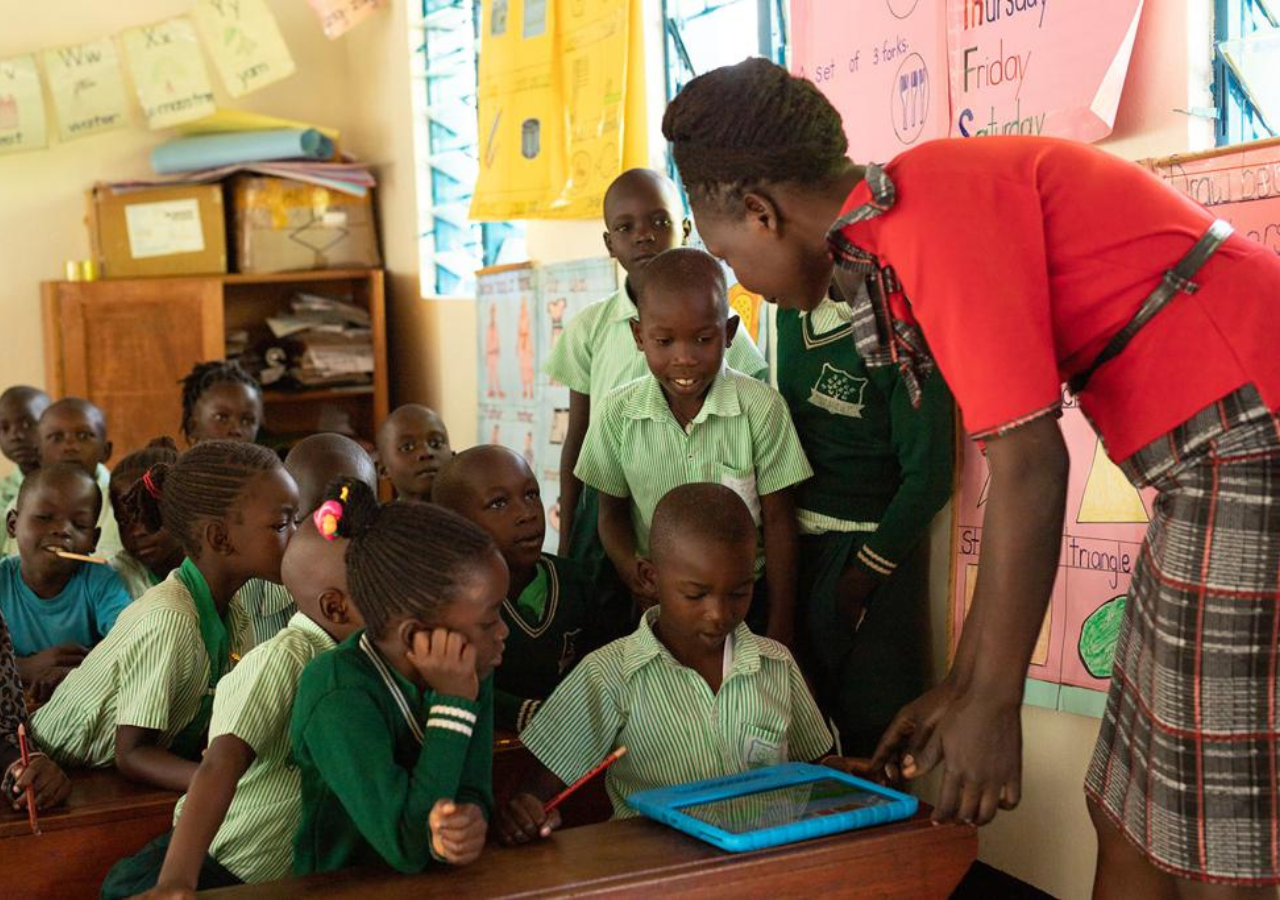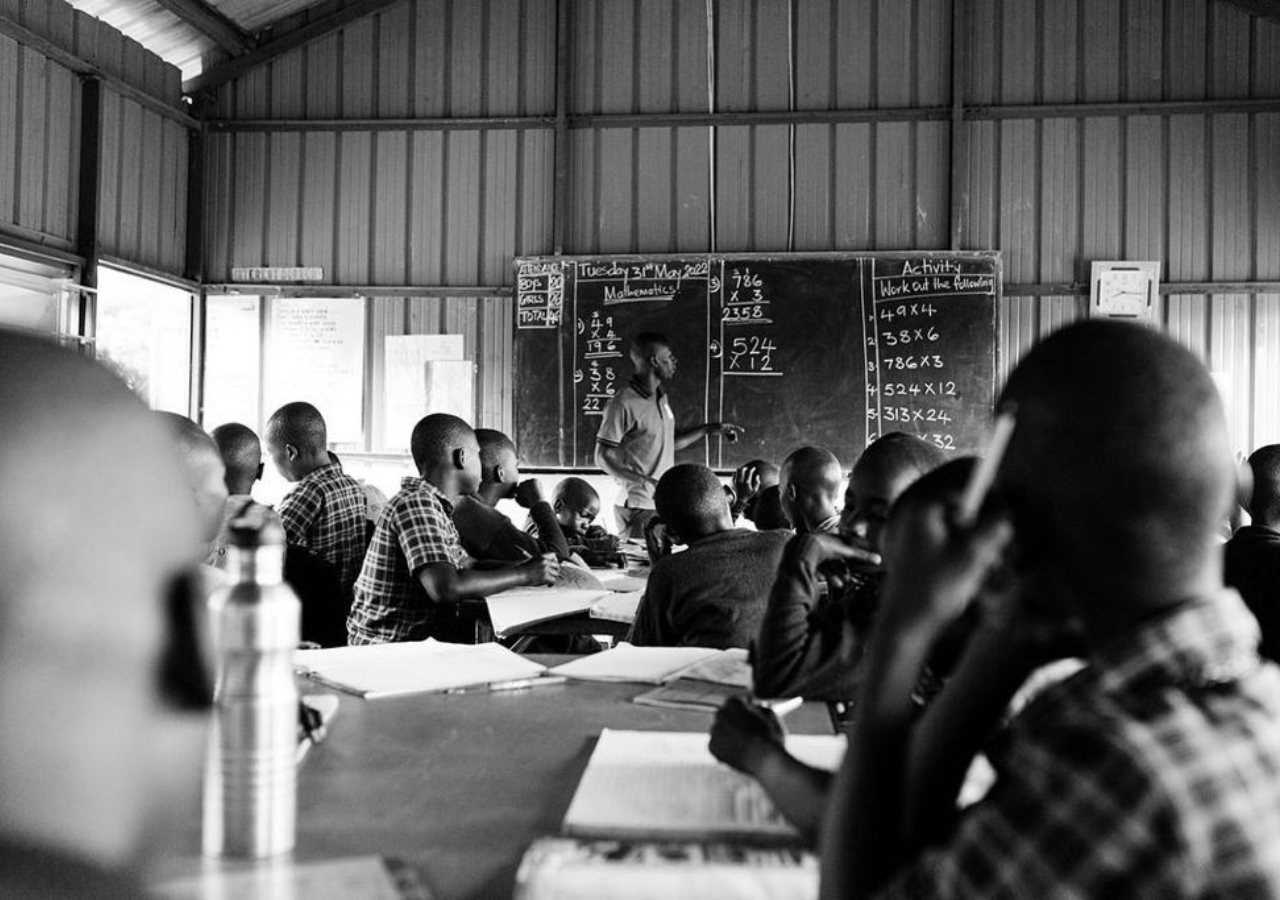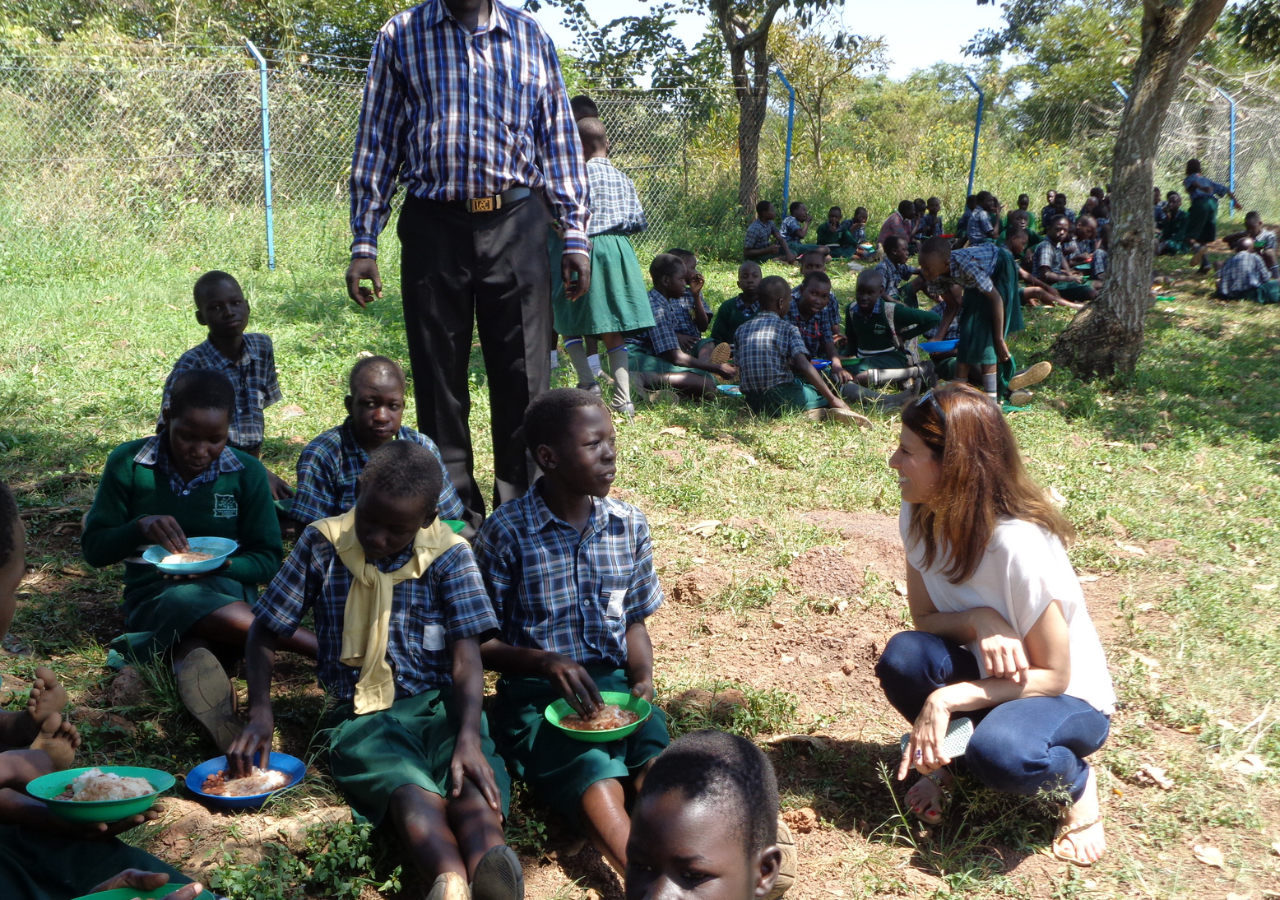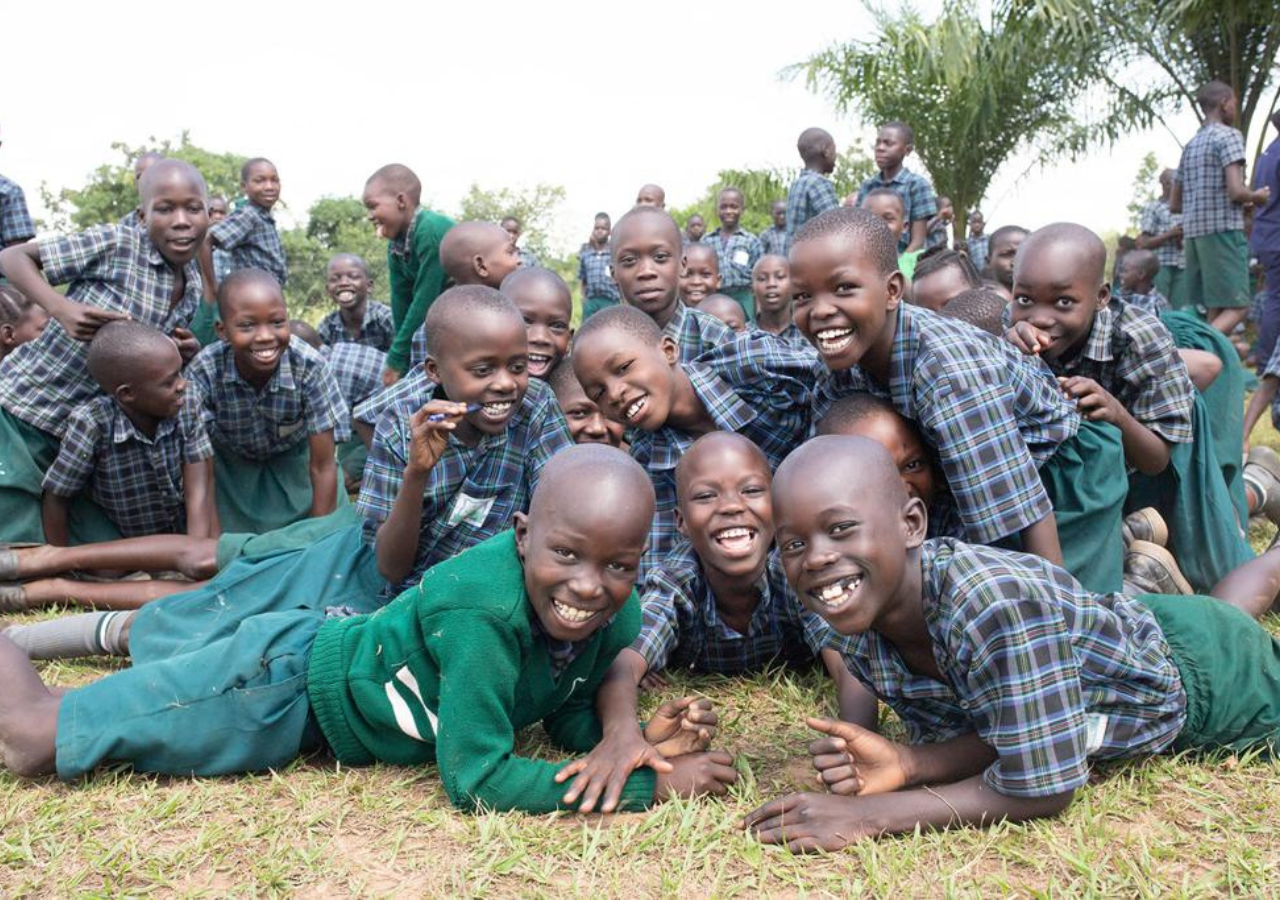“We started Wakadogo in 2005,” she said. “I was an exchange student studying Political Science at McGill University in Canada. As a university that promotes social justice, we talked a lot about equality and the many injustices in the world.”
At university, Farah, who grew up in Uganda, met Andrea, who would later become a co-founder of Project Shelter Wakadogo.
They learnt about the 23 year civil war in northern Uganda where one of central Africa’s cruellest and most enduring armed groups abducted over 67,000 youth, including 30,000 children.
“We had heard that children were being abducted to become child soldiers and slaves, and so every night they left their homes and walked 10s of kilometres into the centre of Gulu to sleep under bus shelters and community shelters for protection.”
“It was just mind blowing that children were leaving their homes for safety,” revealed Farah, who has previously appeared in the series Trailblazers on The Ismaili TV.
“Together with Andrea and my mum who was born in Uganda, we decided that we had to find out more and do something to raise awareness and support these children. When we visited Gulu for the first time in 2005, we heard time and time again that education was the most powerful way that we could support this community. The Wakadogo journey began and this was the start of a life-long friendship and partnership and we have never looked back!”
“I remember meeting this one elderly gentleman,” Farah continued. “He spoke to us and said, ‘don’t do what everyone else does, which is just come here, hear our problems and then go back to wherever you’re from and forget about us.’”
When Farah returned to Canada with Andrea, both were determined and “full of energy” to make something happen, but had so many questions circling their minds including what they could do as university students to really make a difference?
“A big thing was hearing ‘no’ a lot, getting rejected. Hearing that you’re too young or too inexperienced. I think in a way, the naivety of being young and fearless, and not taking ‘no’ for an answer is what drove us to carry on.”
Farah and her team eventually fundraised enough cash to set up a charity in Uganda and found the land to start building the school.
“We started with one classroom at a time and every year we’d add one or two more depending on how much money we could raise. The school gates finally opened in June 2009.”
Project Shelter Wakadogo was one of the first schools in northern Uganda to have a pre-primary early childhood education centre. Soon after, a health centre was added to support the kids with the treatment of malaria and other common illnesses, and a school meals programme was added so the children can learn on full stomachs. . “We started with just 40 children and today we have 477 girls and boys enrolled at Wakadogo school.”
“We listened to the community, to the children and realised that the parents and caregivers wanted to be more involved, so they helped raise funds, they contributed to building the road that led to the school.”
When the Covid-19 pandemic hit, Uganda experienced one of the world’s longest lockdowns and schools were closed for two years. It is estimated that 15 million pupils did not attend school in Uganda for almost two years. Statistical models predict a learning deficit of 2.8 years in Uganda. Other effects include a 22.5 percent increase of pregnancies among Ugandan school-going girls and young women aged 10-24 between March 2020 and June 2021. There was also an increase of child labour from 21 percent to 36 percent, affecting girls in particular. Teachers were being laid-off in the private sector in Uganda, but Project Shelter Wakadogo continued paying their teachers, who went door to door to teach small groups of children every day.
“Our teachers ended up teaching 36,000 outdoor face to face lessons during Covid-19 – we were one of the only schools in the country to do this.” Farah explained. “In the 18-month period, they taught over 1,000 kids.”
“During the peak of the pandemic we were immensely grateful when one of our long-standing Ismaili donors emailed us as asked, ‘what do you need and how can we help?’ We knew that because of the markets being closed and it was total shutdown, families were struggling to eat. So, with this generous donor’s funding, we did a food distribution drive, we made sure that every child had pens, pencils, books, exercise books, the curriculum, everything that they needed to learn at home.”
Farah emphasised the need to be prepared for another pandemic, so the Project endeavours to use the $50,000 prize money from this award to get their students computer literate and get enough tablets and laptops to use in small groups. Along with the reward, the recognition from this prestigious honour has meant so much to the community.
“No one ever recognises one small school in that little, tiny community in rural northern Uganda,” she said. “It means so, so much.”
The World’s Best School Prizes are among the most prestigious education prizes. The five prizes include Community Collaboration, Environmental Action, Innovation, Supporting Healthy Lives, and Overcoming Adversity. Project Shelter Wakadogo won from among three finalists for the prize.
Farah spoke about what this award meant to her personally. “The Overcoming Adversity award means a lot to us all,” she said.
“My mum had a tough life; we lived in Rwanda in 1994 when the genocide started. She was a single mum with two young children and we came to the UK as refugees. We had very little, we lived in a council estate, but she literally did everything to make sure we had what my brother and I needed: love, a warm home, food on the table and a good education.”
“I’m so grateful to her and the Ismaili community because going to Jamatkhana and having that support structure really helped get us through that difficult time.”











